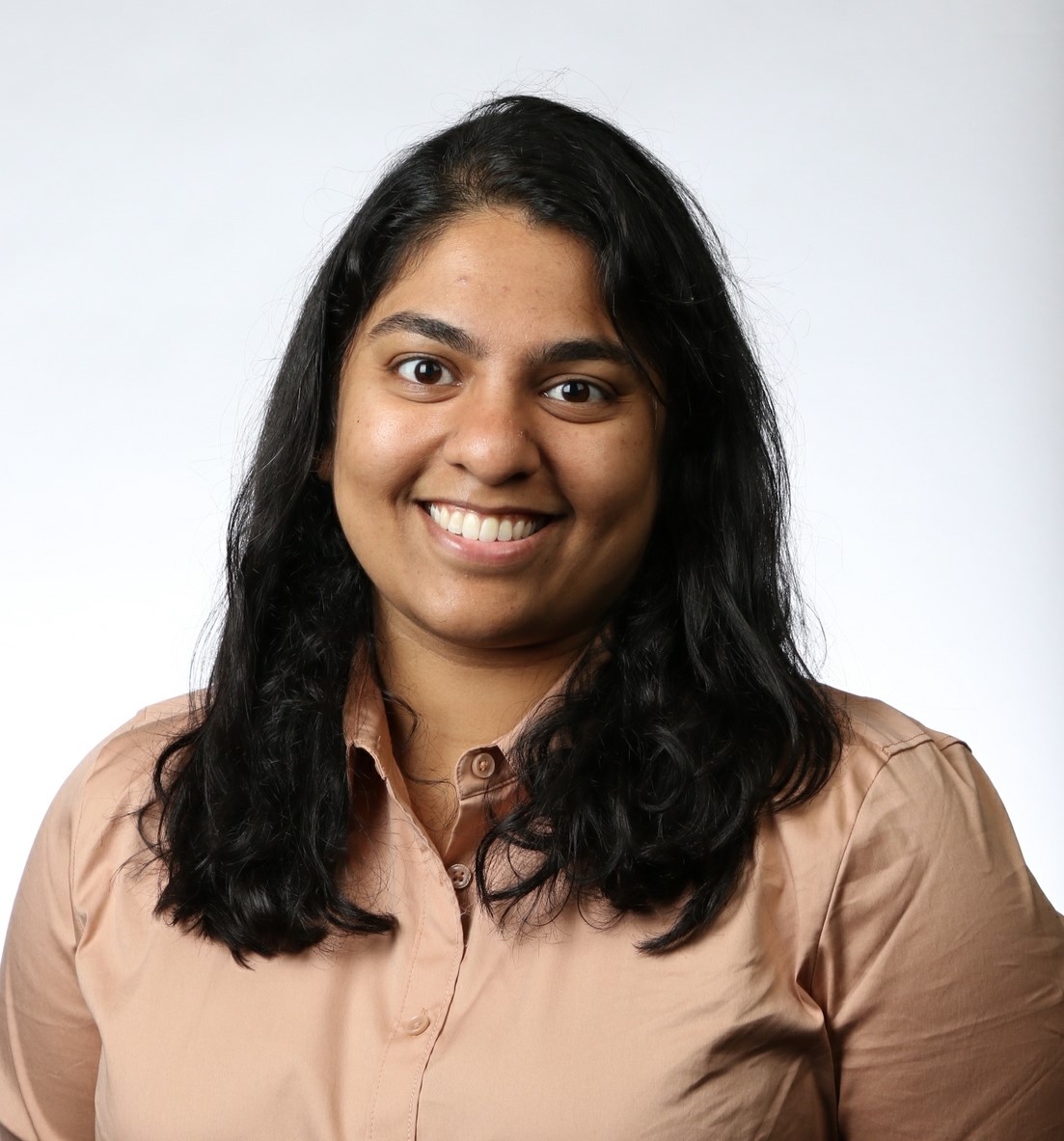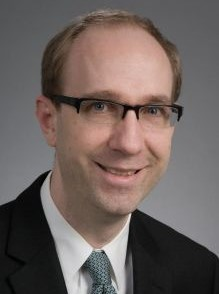
GENE 5260 Session 3

Padma Sheila Rajagopal, MD, MPH, MSc
Physician-Scientist Early Investigator
Cancer Data Science Laboratory and Women's Malignancies Branch at the National Cancer Institute
Dr. Padma Sheila Rajagopal received her M.D. at Columbia University’s College of Physicians and Surgeons, during which she also received an M.P.H. in quantitative methods with a focus on genetic epidemiology at the Harvard School of Public Health. She completed her internal medicine residency training at the University of Pittsburgh and a fellowship in hematology/oncology with an additional fellowship year focused on cancer genetics at the University of Chicago, where she received an M.Sc. in biomedical informatics. Dr. Rajagopal is a recipient of the Ruth L. Kirschstein F32 Postdoctoral Fellowship and the American Society of Clinical Oncology / Breast Cancer Research Foundation Conquer Cancer Young Investigator Award.
Dr. Rajagopal’s laboratory focuses on how characterizing genomic and transcriptomic interactions between germline variants / inherited cancer syndromes and somatic development in tumors can improve clinical prediction and prognostication in patients with cancer. Her current research focuses on using transcriptomics to characterize breast cancers and treatment responses in patients with hereditary cancer syndromes.

Colin Pritchard, MD, PhD
Assistant Professor
University of Washington
COLIN PRITCHARD, MD, PhD, is a Professor of Laboratory Medicine and Pathology at the University of Washington and Program Director for Cancer Precision Diagnostics for the Brotman Baty Institute for Precision Medicine. He also serves as the Co-Director of the Genetics and Solid Tumors Laboratory that services the Fred Hutchinson Cancer Center. The Pritchard laboratory focuses on oncology molecular diagnostics, particularly the source and utility of cell-free nucleic acid biomarkers in blood, and the development of innovative molecular diagnostics for the identification of DNA repair gene mutations that can guide therapeutic decision-making. His clinical work focuses on applications of next-generation sequencing gene panels for cancer risk assessment and precision treatment. He has led the development and implementation of the ColoSeq™ Lynch and Polyposis Syndrome Panel and the UW-OncoPlex™ Cancer Gene Panel in current clinical use for cancer patients and their families. He is a longstanding distinguished faculty member of the City of Hope Clinical Cancer Genomics Community of Practice. In 2021 Dr. Pritchard was awarded the C2 Catalyst for Precision Medicine Award from Scientific American.